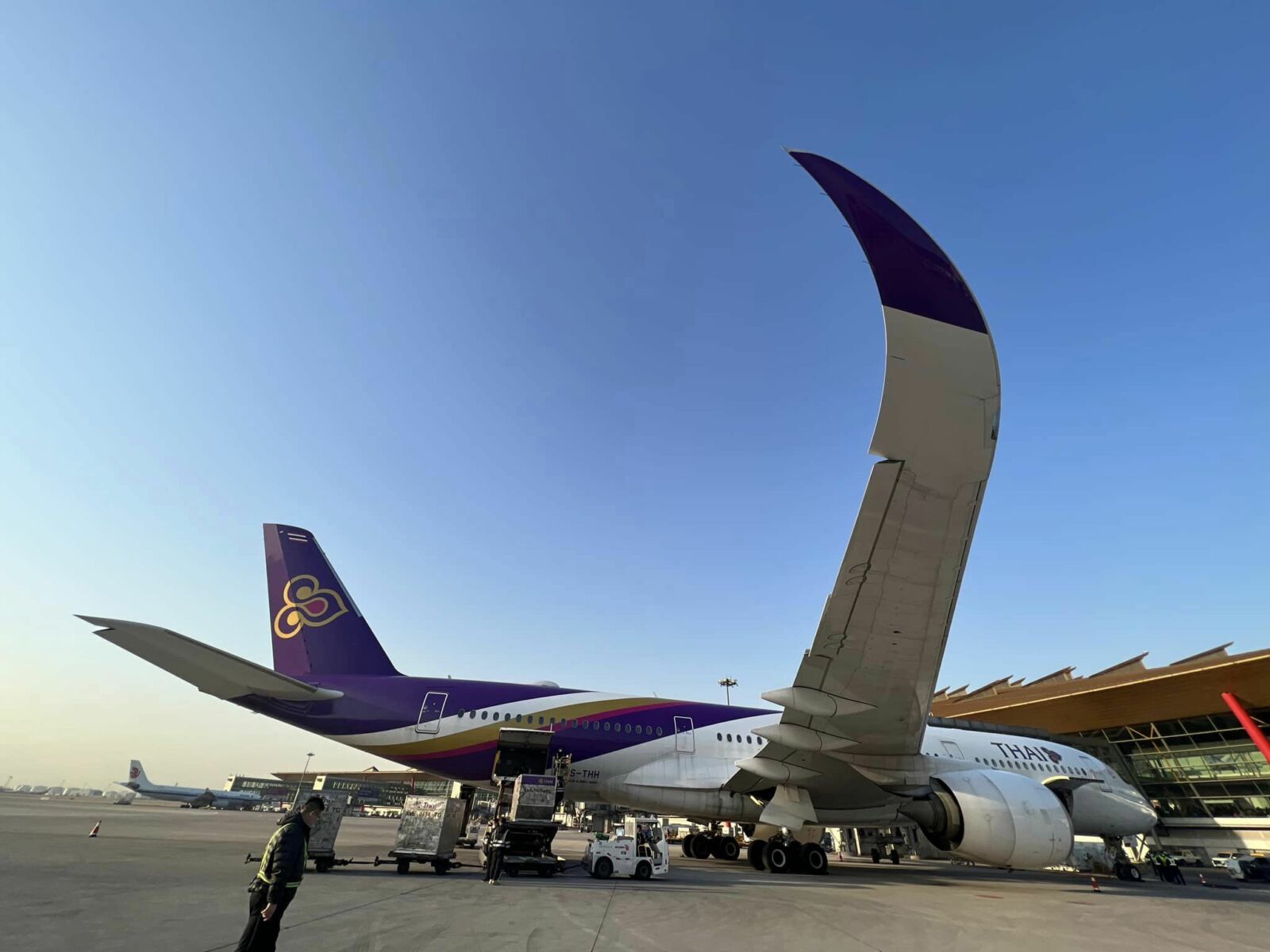Smooth skies ahead: THAI-turkish partnership signals global travel upswing

A monumental leap forward for international air travel took flight yesterday when Thai Airways International (THAI) and Turkish Airlines secured a memorandum of understanding. The anticipated partnership will focus on the cut-throat competition prevalent on Asia-Europe routes.
Commonly, airline collaborations entail synchronising schedules and revenue sharing. For instance, Qantas Airways and Emirates have a working partnership on Europe-Australia services. However, these arrangements need the green light from competition regulators in each operator’s country.
Apart from enhancing their networks, this alliance would catalyse daily flights between Bangkok and Istanbul, as elucidated by THAI. The announcement of an exact take-off date for the service is aboard for today. On the other hand, Turkish Airlines already facilitates bi-daily travel to Thailand’s capital Bangkok.
Despite trailing a challenging path, THAI, currently under court-regulated debt reshaping due to a bankruptcy commitment in 2020, shows signs of recovery.
The Covid-19 pandemic, which brought the globe to a still, seized the already struggling airline. THAI’s tally of active aircraft stands at approximately 65, a number that once towered over 100 before the pandemic, a harsh reality of the blow Covid-19 inflicted on air travel. However, a robust resurgence in travel demand in the wake of the global health crisis has fuelled THAI’s ambitions to draft a fresh blueprint for its fleet expansion.
The airline’s CEO, Chai Eamsiri, revealed to Bloomberg News in June that THAI envisages ordering up to 30 new jets before this year ends. Moreover, the airline aims to magnify its narrow-body fleet size by a minimum of a double count over the upcoming decade.
It is worth mentioning that both THAI and Turkish Airlines are integral parts of Star Alliance.
Established in 1997, this team of 26 standout airlines, including industry heavyweights like Singapore Airlines, United Airlines, Deutsche Lufthansa and ANA, is the most formidable among the three primary global airline conglomerates. Through extensive integration within a broader bloc, these alliances aim to serve as a commercial propeller for the member airlines.
Latest Thailand News
Follow The Thaiger on Google News:


























